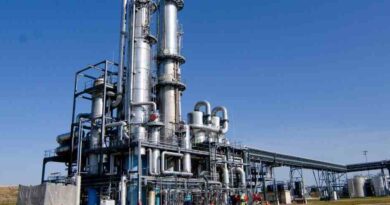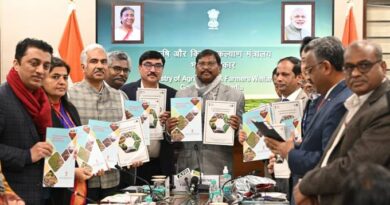Cyclone Aila leaves a more tenacious, well prepared populace in Sunderbans
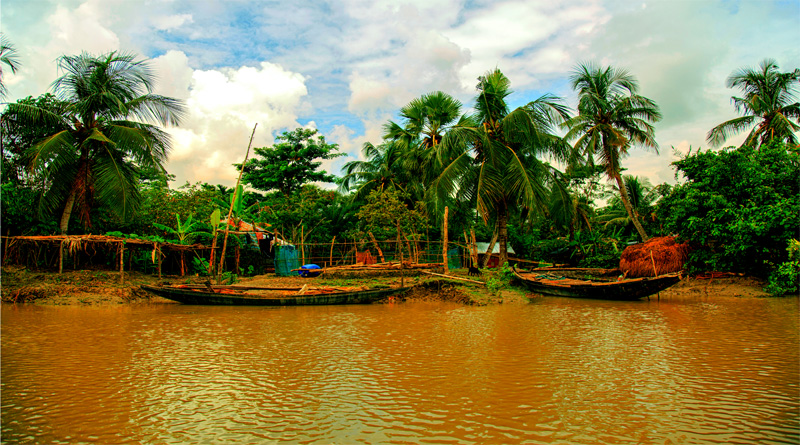
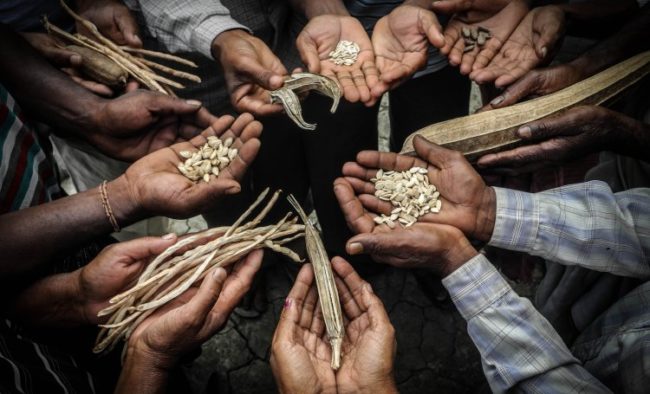
(Image:IWP)
The effects of Cyclone Aila that came in 2009 still loom large in the river delta area of the Sunderbans in West Bengal. The storm that caused widespread damage across India and Bangladesh, left close to a million people homeless.
In the aftermath of one of the deadliest storms to ever hit the area, the people are now aware and have the knowledge to absorb another such storm and come back stronger. “Another flood like Aila should never happen again, but if it does, we have the knowledge to start working on our soil again,” says Binota Munda of Nebukhali village while talking to India Water Portal.
The locals have learnt that by integrating farming with the natural behaviour of animals and insects in a system where nothing goes to waste, a resilient system of agriculture can be built. From the water logging in for over a month, and the rise in the overall water level in the adjacent regions, the land retained some of salinity. People realised the way forward was to work in tune with nature’s force, and not against it.
Soon after Aila, Development Research Communication and Services Centre (DRCSC) started working on projects to help bring farming back as the key livelihood activity in the area. They worked with nearly 46 villages in the North and South 24 Parganas districts in the Sunderbans delta. In an attempt to integrate the natural behaviour of local animals and insects to grow diverse local plants making the best use of the state of the land and the terrain. After successful implementation the result was year round food security for all the inhabitants.
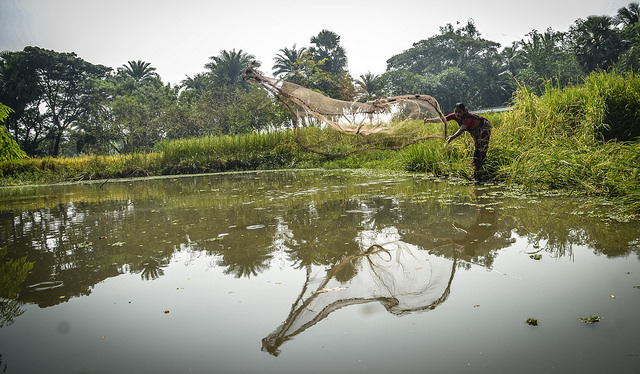
(Image: IWP)
The staple crop earlier was only paddy but now the land grows multiple crops which suit the conditions. A communal fish pond, chicken house, a biogas plant and grain-bank built with the help of DRCSC to sustain the needs of the community during dire conditions. People take grains from the bank when needed and return an additional 5 KG, this way the bank never runs out of grains.
The land has become more profitable but it is only with continued maintenance and regular adding of organic manure compost and vermi compost that helps the saline soil maintain its fertility.
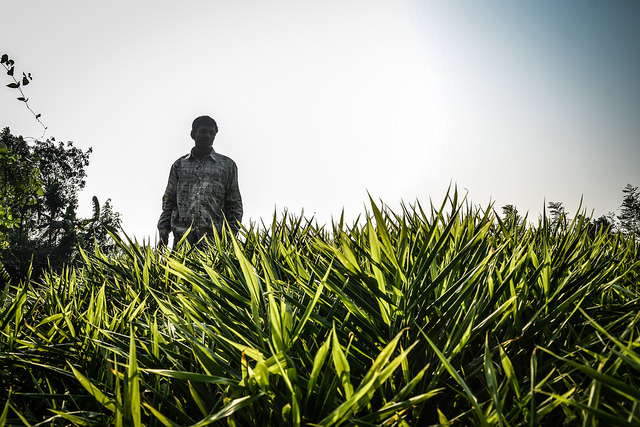
(Image: IWP)
The barrier to sustaining a life comes from persistent effort and mounting challenges, but all concerted efforts when in sync with nature will yield loads of rewards but when against it, nothing.
![]()


